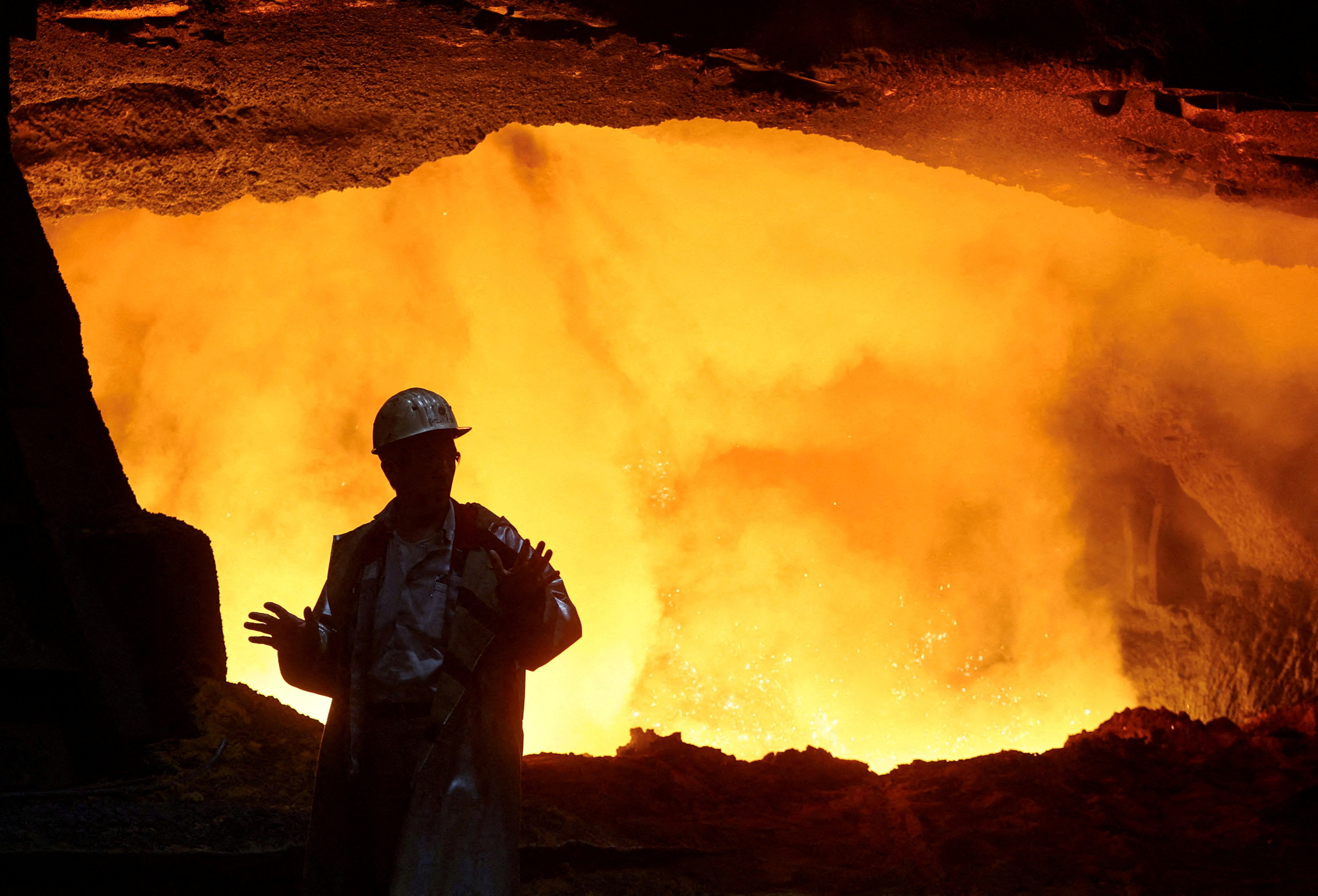Wow. Germany is getting hit hard. That's crazy bad numbers.Most countries especially those export oriented aren't doing so well in PMI due to the economy slowdown in the West. It is just that when Chinese number is not as rosy, MSM such as Bloomberg tries to depict like the end of the world. Just look at German PMI, that is truly catastrophic.
PMI readings for Japan and South Korea remained mired in contraction at 48.7 and 49.8, respectively, little changed from the prior month. A reading above 50 indicates an expansion in activity, while anything below suggests contraction.
The HCOB Global Purchasing Managers' Index (PMI) for Italian manufacturing came in at 46.8, up from 45.4 in August but still well below the 50 mark that separates growth from contraction.
The HCOB final Purchasing Managers' Index (PMI) for manufacturing rose to 39.6 in September from 39.1 in August, below the 39.8 of the flash estimate and still far below the 50 level separating growth from contraction.
Look at the cope they put in for Germany
"
German manufacturing stays mired in downturn in Sept - PMI
ReutersOctober 2, 202312:58 AM PDTUpdated a month ago

A steel worker in heat protection gear is silhouetted against the fire of a furnace at the steel plant of ThyssenKrupp in Duisburg, Germany, July 26, 2023. REUTERS/Wolfgang Rattay//File Photo
BERLIN, Oct 2 (Reuters) - Germany's manufacturing sector, which accounts for about a fifth of its economy, remained mired in a downturn in September on weak demand and rapidly falling output, a survey showed on Monday.
The HCOB final Purchasing Managers' Index (PMI) for manufacturing rose to 39.6 in September from 39.1 in August, below the 39.8 of the flash estimate and still far below the 50 level separating growth from contraction.
awaited the Federal Reserve's latest
Output fell at the fastest rate since May 2020 - when the COVID-19 pandemic was hammering business activity worldwide - amid a further sharp drop in new orders, the survey showed.
Reports from surveyed businesses highlighted a number of headwinds to demand, including customer uncertainty, widespread efforts to reduce stocks and weakness in construction activity.
Weaker demand across the sector meanwhile fed through to lower prices, with September seeing further declines in both input costs and output charges, according to the report.
"The HCOB Manufacturing PMI of Germany is still signalling a quick slide downhill in terms of output. Nevertheless, we see glimmers of hope that the sector is starting to turn the corner," said Cyrus de la Rubia, Hamburg Commercial Bank (HCOB) chief economist.
He explained that in past phases of weak growth or recessions, the new orders index stayed in contractionary territory for less than two years and after that, it moved above 50, signalling growth again.
"As of today, the new orders index has been below 50 for 18 months. Therefore, there is a decent shot that the order situation will start to improve by the start of next year," de la Rubia said.
This optimism hasn't reached good producers yet though. "
What the f**k kind of mental gymnastic reasoning is this? Just because previous recessions lasted 2 years, this one should too? Like is this actually a true financial fact?
